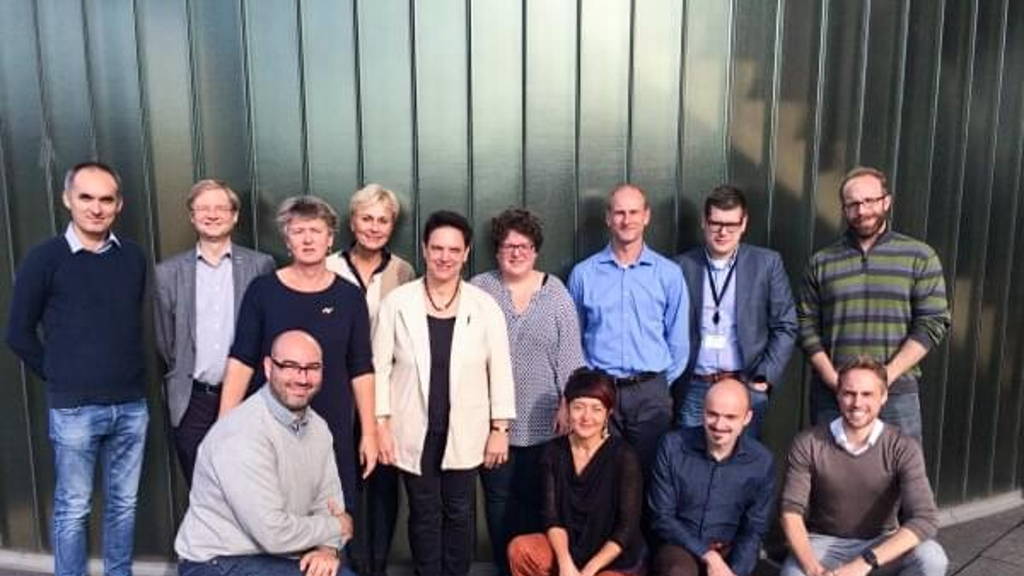The aim is to accelerate the societal and economic impact of Organ-on-Chip technology through coordinated action. Organs-on-Chips combine human mini-organs with microelectronics, microfluidics and nanosensors. This technology is already providing new platforms for drug discovery but is poised to deliver applications in personalized medicine and safety pharmacology, and offers alternatives to conventional animal testing.
The consortium co-operating within ORCHID is composed of the following organizations:
Main objective ORCHID project
Over the next two years, the EU will invest 0.5 million Euros in the ORgan-on-CHip In Development (ORCHID) project. The project has received funding from the European Union’s Horizon 2020 research and innovation programme. It has three main objectives:- ORCHID will facilitate dialogue and documentation towards accelerating the development of prototypes of Organs-on-Chips, validated cell systems that mimic diseased or healthy human tissue, and implementation of this technology by a broad group of potential users in science, health care and industry.
- ORCHID will build an infrastructure for scientists, policy makers, funders and end-users to join the decision-making processes that will direct future European developments in Organ-on-Chip applications. An essential contribution of ORCHID will be the establishment of a digital platform enabling knowledge sharing between researchers and representatives of private corporations including insurance companies, pharmaceutical and biotech companies, food industry, health foundations and patient organizations.
- The ORCHID platform will provide overviews and updates of current and new Organ-on-Chip initiatives so that users can track progress easily, consult developers directly and identify gaps in present knowledge, limiting implementation. ORCHID will also address ethical and regulatory issues, particularly concerning personalized information, economic and societal impact, training of researchers, and the design of an R&D 'roadmap'.
The consortium co-operating within ORCHID is composed of the following organizations:
- Leiden University Medical Center (the Netherlands): coordinator
- Organ-on-Chip consortium hDMT (the Netherlands): strategy and the roadmap
- Fraunhofer IGB (Germany): impact assessment, training, education
- CEA (France): eco-system development and the digital platform
- imec (Belgium): ethical aspects, regulation and standardization
- University of Zaragoza (Spain): dissemination








